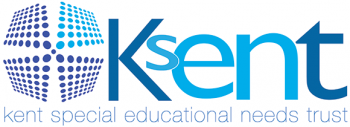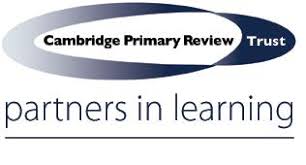Music & Expressive Arts
Music & Expressive Arts
What is our curriculum intent?
Music at Valence provides an inspiring curriculum for our primary students, which is both engaging and challenging. Learners are exposed to music from a range of eras, styles, traditions, and genres.
Students are involved in exploring different instruments, using their voices, and are actively encouraged to perform at events organised across the school year. Learners explore how different types of music are created and we aim to equip learners with the knowledge and skills to experiment, invent, and create their own music throughout the course. As well as encouraging creativity, we want learners to understand that music can have a positive impact on their mental health and wellbeing.
At secondary, music develops into Expressive Arts, where students study ‘The Arts’ in general, and our intention is to ignite a passion for this area of the curriculum. Students experience different Arts Forms throughout the year and are encouraged to voice their opinions and preferences. We aim to equip learners with the knowledge and skills to experiment, invent, and create their own Arts throughout the course. Students work towards an appropriate Arts Award, and on successful completion, they are awarded a certificate or a qualification in the Arts from Trinity College London.
How does the delivery of our curriculum differ between the pathways?
For Primary and Keller classes, we aim to stimulate all the learners’ senses through a multi-sensory approach throughout the lessons. Lessons begin with a greeting song and end with a goodbye song and are based on the topics students cover with their usual class teacher. We explore our attention and senses through Bucket Time, which promotes exploration and communication. Differentiation is applied through language and questioning used, for example: What could be in my Bucket? What is it? What could/do I do with it? What will happen if I do this to it? Can it be used in a different way? Do you think it does anything? How could we find out? Does it have any batteries/switches?
In the Simmonds pathway, the lessons are more focused on the class working together, for example on a particular song. In contrast, students in the Hawking pathway are split into groups, which creates more of a challenge. The inter-related dimensions of music are used at different levels in Hawking and Simmonds lessons. In Simmonds lessons, students practise singing, listening, and they investigate musical instruments, whereas Hawking students focus more on developing their skills. The end goal for Hawking students is to achieve an Entry Level 3 qualification in the Arts, which is awarded by Trinity College London. All Simmonds students should achieve a certificate in the Arts, and some students could achieve the Entry Level 3 qualification.
Do our students have access to learning opportunities outside the classroom?
We passionately believe that students should have access to lots of extra-curricular opportunities to develop their skills in music and Expressive Arts. For the explore section of the Arts Award, students take part in a theatre trip. Furthermore, we offer drumming lessons, and students have the opportunity to listen to sounds of nature in the woodland walk. There is an after-school music and karaoke club for residential students, which is highly popular. Students can also take part in the Harvest, Christmas, and Easter celebrations, summer talent show (Valence has Talent), and the arts days.





